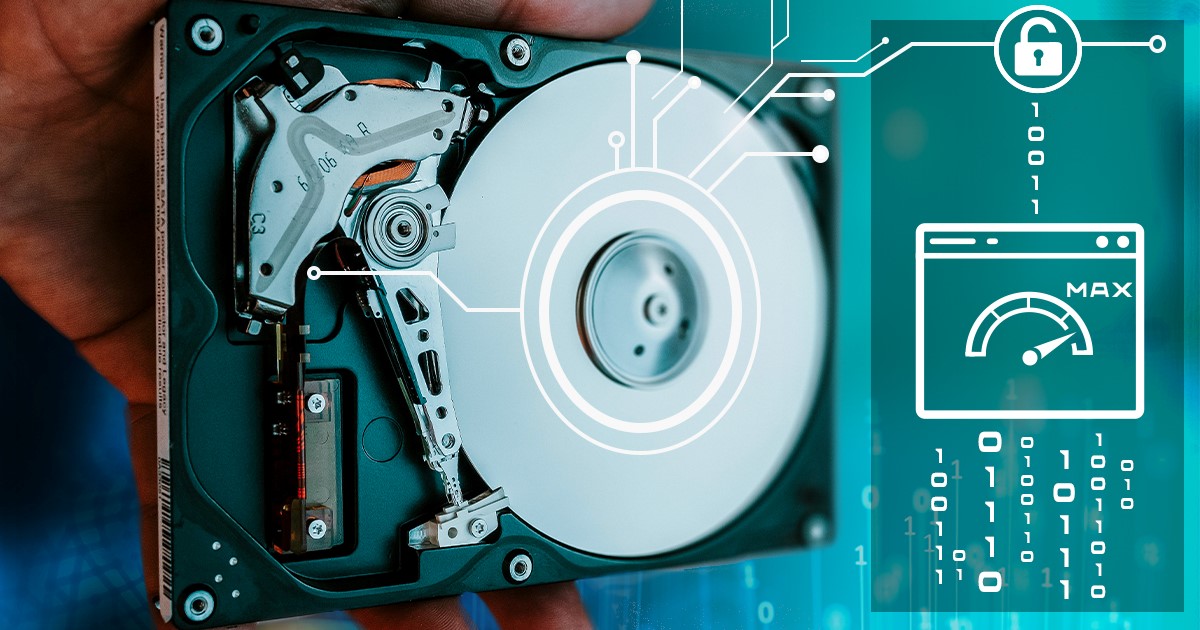Heartrate, sleeping habits, workouts, steps and walking routines are just a few things that come to mind when we speak of Apple Health. Introduced in September 2014 with iOS 8, the Apple Health app is pre-installed on all iPhones. The app makes use of low-energy sensors, constantly collecting information about the user’s physical activities. With optional extra hardware (e.g. Apple Watch), Apple Health can collect significantly more information. In this article we’ll talk about the types of evidence collected by Apple Health, how they are stored and how to extract the data. (more…)
We have already covered the emergency SOS mode introduced in iOS 11. When entering this mode, the phone disables Touch ID and Face ID, requiring the passcode to unlock the phone. It appears that Google is taking cues from Apple, adding a new Lockdown Option to the newly released Android 9 Pie. Let us see what is similar and what is different between iOS SOS mode and Android 9.0 Pie Lockdown Option.
The release of iOS 11.4.1 marked the introduction of USB restricted mode, a then-new protection scheme disabling USB data pins after one hour. The USB restricted mode was not invincible; in fact, one could circumvent protection by connecting the device to a $39 accessory. While a great improvement on itself, the new mode did not provide sufficient protection. We wished Apple maintained a list of “trusted” or previously connected accessories on the device, allowing only such devices to reset the timer. In this new iOS 12 beta, Apple makes attempts to further “improve” USB restricted mode, yet the quotes about “improving” the system are there on purpose.
We also trust these companies in ways that we do not understand yet. How many of you trust Apple? No voting… Just me 🙂 Damn! OK. May I ask you a very good question. Trusting to do what? Trusting when they say: “iMessages are end-to-end encrypted”? I mean, with all of that massive security engineering, to make sure it’s as good as it can be, so they genuinely believe they’ve done that. I do, generally, they’re great people. But… people believe themselves they can defend themselves against the Russians. If the Russians specifically targeted Apple, it’s only they can defend themselves. – Ian Levy, director at the GCHQ on anniversary of the foundation of the FIPR event that was held on 29/04/2018).
We live in the era of mobile devices with full-disk encryption, dedicated security co-processors and multiple layers of security designed to prevent device exploitation. The recent generations of Apple mobile devices running iOS 10 and 11 are especially secure, effectively resisting experts’ efforts to extract evidence. Yet, several solutions are known to counter Apple’s security measures even in iOS 11 and even for the last-generation devices. It is not surprising that Apple comes up with counter measures to restrict the effectiveness and usability of such methods, particularly by disabling USB data connection in iOS 11.4 after prolonged inactivity periods (well, in fact it is still in question whether this feature will be available in new iOS version or not; it seems it is not ready yet, and may be delayed till iOS 12).
On February 28, 2018, Apple has officially moved its Chinese iCloud operations and encryption keys to China. The reaction to this move from the media was overwhelmingly negative. The Verge, The Guardian, Reuters, Wired, and CNN among other Western media outlets expressed their concerns about the Chinese government potentially violating the human rights of its citizens. Politics aside, we will review Apple policies governing the Chinese accounts, and look into the technical implementation of Chinese iCloud operations. Let us see if the fears are substantiated.
In the world of mobile forensics, physical acquisition is still the way to go. Providing significantly more information compared to logical extraction, physical acquisition can return sandboxed app data (even for apps that disabled backups), downloaded mail, Web browser cache, chat histories, comprehensive location history, system logs and much more.
Apple has a wonderfully integrated ecosystem. Apple computers, tablets and phones conveniently synchronize information such as passwords, Web browsing history, contacts and call logs across all of the user’s devices. This synchronization mechanism uses iCloud to sync and store information. The syncing mechanism works independently from iOS system backups that are also stored in iCloud (or iCloud Drive). As opposed to daily iCloud backups, synchronized data is updated and propagated across devices in almost real time. Extracting this information can be invaluable for investigations as it provides access to the most up to date information about the user, their activities and whereabouts.
Forget battery issues. Yes, Apple issued an apology for slowing down the iPhone and promised to add better battery management in future versions of iOS, but that’s not the point in iOS 11.3. Neither are ARKit improvements or AirPlay 2 support. There is something much more important, and it is gong to affect everyone.


